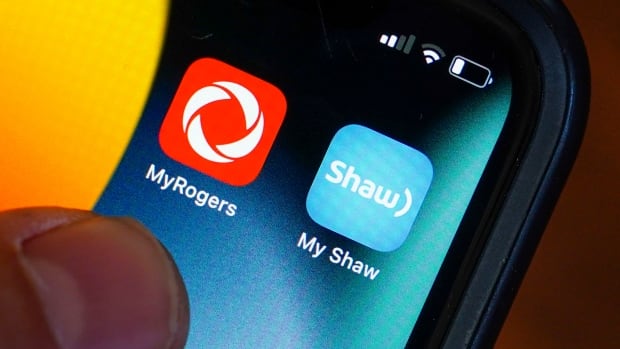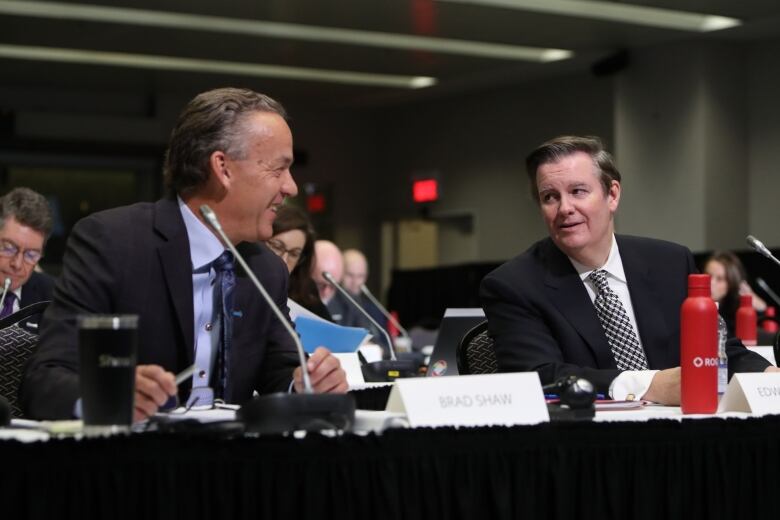
The federal government has approved the multi-billion-dollar merger of telecom companies Rogers and Shaw, but with conditions that Ottawa insists will make the deal good for consumers.
François-Philippe Champagne, minister of Innovation, Science and Industry, said at a press conference Friday that the government has approved the transaction first proposed in 2021.
As part of the deal, Shaw’s wireless business, Freedom Mobile, will be sold to Quebec-based Videotron.
The approval comes with 21 conditions that the government says are “legally enforceable,” including that Videotron will start to offer plans that are comparable to those currently available in Quebec, and they can’t sell the wireless assets to anyone else for at least a decade.
Videotron must also:
- Offer 5G service everywhere Freedom currently operates within two years;
- Offer service in Manitoba via MVNO;
- Increase the data allotments for existing Freedom customers by 10 per cent.
“Today, I am informing Canadians that I have secured on their behalf unprecedented and legally binding commitments from Rogers and Videotron. And, after imposing strict conditions, the spectrum licences of Freedom Mobile will be transferred to Videotron,” Champagne said.
“This transfer follows a series of agreements signed by the parties that will ensure that this new national fourth player will be in it for the long haul, be able to go toe to toe with the Big Three, and actually drive down prices across Canada.”

While Shaw’s mobile business and its more than two million wireless customers will move to Quebecor, Rogers will take over Shaw’s media and cable assets, most of which are in Western Canada. But Champagne says those assets are also subject to numerous conditions.
They include a requirement to create 3,000 jobs in Western Canada, to spend billions to expand its broadband and wireless networks, and also offer new lower cost plans to consumers in both.
“Should the parties fail to live up to any of their commitments, our government will use every means in our power to enforce the terms on behalf of Canadians,” Champagne said, noting that Rogers is subject to financial penalties of up to $1 billion for non-compliance.
The approval by government is the final step in a lengthy process that started 746 days ago, when Toronto-based Rogers first proposed to take over Calgary-based Shaw in a deal worth $26 billion.
The deal faced intense opposition from the start, and numerous regulatory agencies weighed in. The Canadian Radio-television and Telecommunications Commission signed off on the broadcasting part of the deal last year, but Canada’s Competition Bureau fought hard against the deal, but ultimately lost in a tribunal ruling last year.